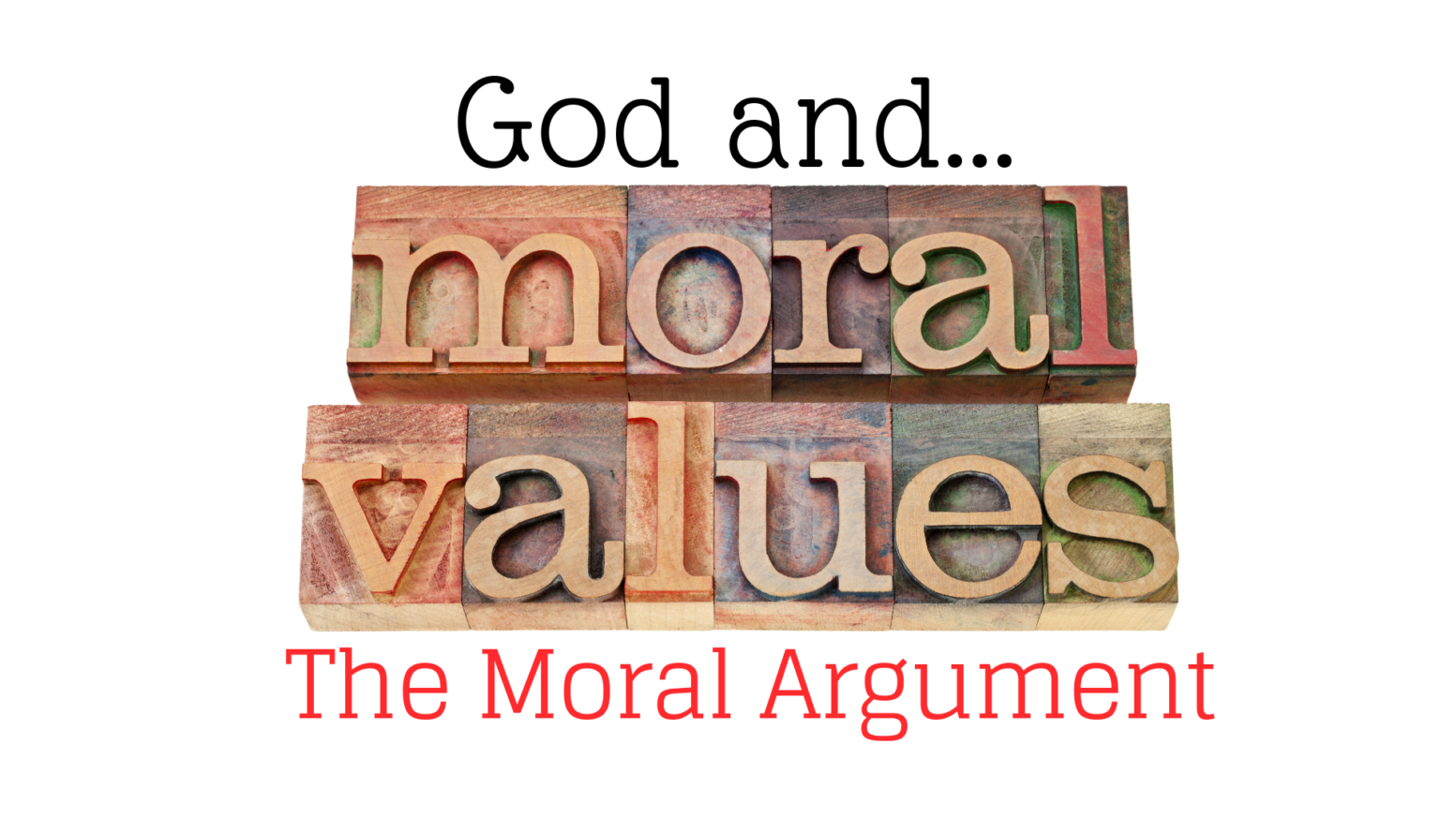Utilitarianism is an ethical theory which says that right or good is whatever causes the greatest amount of flourishing for the greatest number of people. Though this view is quite popular because it seems to offer an objective basis other than God for moral truths, this view, in fact, suffers from a devastating problem. On Utilitarianism, the unavoidable truth is that if something like torturing children produced the greatest flourishing, it would be considered good. This, however, violates the moral facts of reality as we all understand them. Torturing children is always wrong—that is, it is an objective moral truth that it is always wrong to torture children. For this reason, we can reject utilitarianism as an explanation for the existence of objective moral truths. But, to make this point clearer, please consider the following explanation:
Utilitarianism (Classical) is the teleological ethical system which justifies an action as right by considering its consequences. On Utilitarianism, if an action raises total happiness or pleasure of human persons, it is a morally good or right action. If, on the other hand, the action detracts from aggregate happiness, it is a bad action.[1] In other words, according to Utilitarianism, the ends justify the means — always.
This system of ethics promotes an objective standard of goodness — aggregate happiness. It does not, however, suffer from the difficulties of absolutism, the exceptionless rules common to some other systems (e.g. Kantianism, Theistic Moral Realism, etc.). Instead, this system offers flexibility. On this view, in theory at least, one can determine in a particular situation what the right thing to do is by appealing to a standard calculus: the greatest good for the greatest number.
This combination of common sense, objectivity, and flexibility appeals to many. After all, it seems to give the right answer in certain situations (e.g. The Trolley Car Problem).[2] But, there is at least one glaring problem with Classical Utilitarianism — it fails to secure basic personal rights (for purposes of the Moral Argument, we might say it denies the existence of certain objective moral truths which we know to be true, truths concerning our personal rights).[3] In fact, on this view, there are no universal, unalienable rights. No person is guaranteed any of the rights which may be considered basic: Life, Liberty, Property, Happiness, etc.
Instead, the interests of each person must be considered relative to aggregate happiness. A person may expect certain interests to be granted if, and really only if, they can exist as a part of the set of actions that produces the greatest aggregate happiness. On such a construal, naturally, said interests are not rights. After all, a right is that to which a person on some basis natural or legal is entitled. But, clearly, no one is entitled to anything on Utilitarianism.
A key point to be considered here is that a person’s interests or “rights” are weighed against the interests of the group. In normal cases,[4] the hedonic value of one person’s happiness will never equal or trump the hedonic value of the aggregate happiness. So, what is necessary for one person’s happiness — one’s basic rights — will never determine the right action.
In fact, it could very well be argued on Utilitarianism that a person’s basic rights stand at odds with the aggregate happiness in some cases. Consequently, the violation of these rights could be considered not only not wrong, but actually right. Clearly, this demonstrates there is no stringency of basic rights on Utilitarianism.[5] Instead, the interests of the individual must always bend to the interests of the aggregate.
Utilitarianism does not offer any rights to any persons. Rather, a person could be alienated from any or all of their rights if such an action promoted aggregate happiness. On Utilitarianism, the interests of the group outweigh the interests of the individual. Thus, Any person who is interested in their basic rights should reject Utilitarianism. And, any person who is convinced of the existence of such rights as objective moral truths should reject Utilitarianism as an explanation for the existence of those objective moral truths.
[1] Roxanne Kurtz. Lecture 7 Utilitarianism, p. 1.
[2] Roxanne Kurtz. Lecture 8 Deontology, p. 2.
[3] Roxanne Kurtz. Lecture 7 Utilitarianism, p. 7 under Justice.
[4] Pleasure Monsters, etc. excluded
[5] I understand stringency of rights to refer to the binding power or importance of personal entitlements particularly as they relate to freedom. The greater the stringency, the more important it is that rights be respected and the more grievous it is if they are violated.
